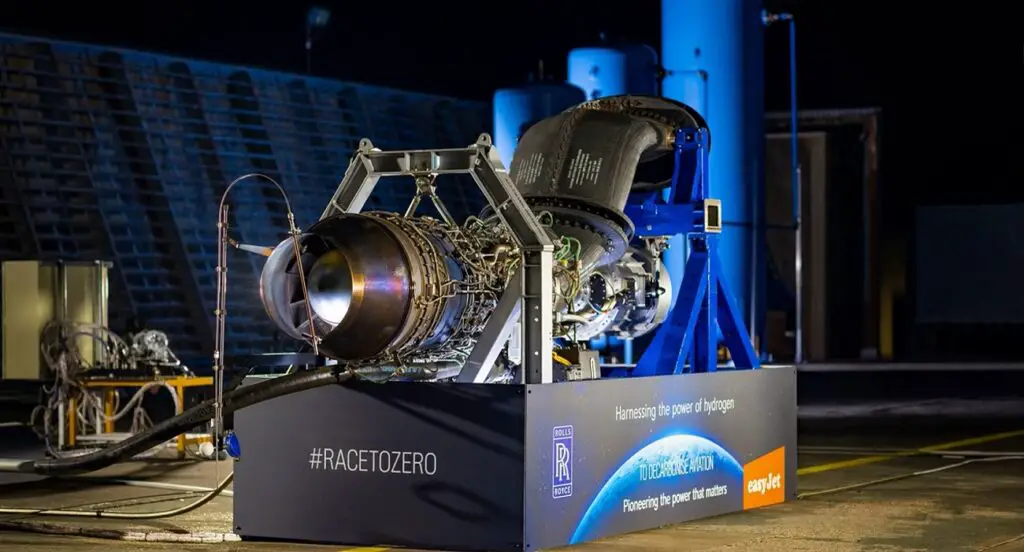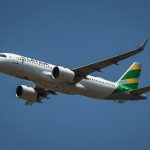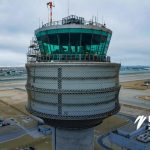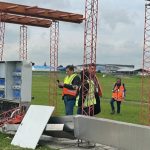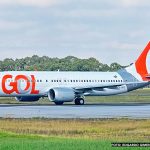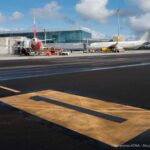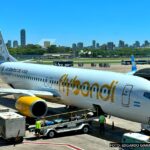Low-cost airline easyJet and engine manufacturer Rolls-Royce set a new milestone with the successful completion of the world’s first test of a hydrogen-powered aero engine. The European Marine Energy Centre (EMEC) supplied the hydrogen.
The exercise was carried out using a converted Rolls-Royce AE 2100-A powered by green hydrogen created by wind and tidal power.
«It marks a major step towards proving that hydrogen could be a zero carbon aviation fuel of the future and is a key proof point in the decarbonisation strategies of both Rolls-Royce and easyJet», the British carrier said in a press release.
Flight test, the main goal in the near future
According to both companies, a second series of tests will be carried out in the near future to advance the use of this type of energy in aircraft engines. The ultimate goal of the joint work is to complete a flight test to enable the safe and efficient use of hydrogen in commercial aviation.
Following analysis of this early concept ground test, the partnership plans to conduct a series of further evaluations leading to a full-scale ground test of a Rolls-Royce Pearl 15 jet engine.
«We are committed to continuing to support this ground-breaking research because hydrogen offers great possibilities for a range of aircraft», said Johan Lundgren, CEO of easyJet. «That will be a huge step forward in meeting the challenge of net zero by 2050», he added.
«The success of this hydrogen test is an exciting milestone», said Grazia Vittadini, Rolls-Royce’s Chief Technology Officer. «We are pushing the boundaries to discover the zero carbon possibilities of hydrogen, which could help reshape the future of flight», she concluded.
See also: Ampaire’s Eco Caravan made its first flight using its hybrid-electric propulsion system

